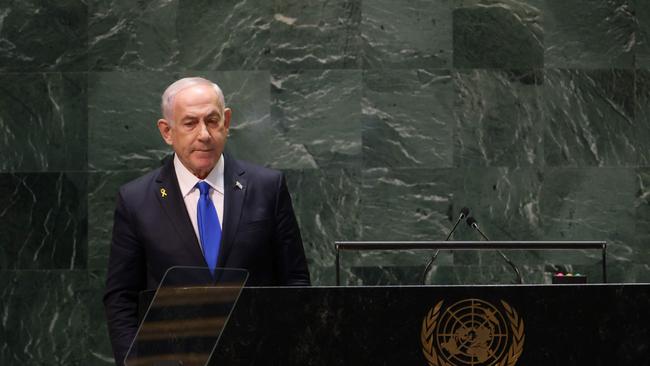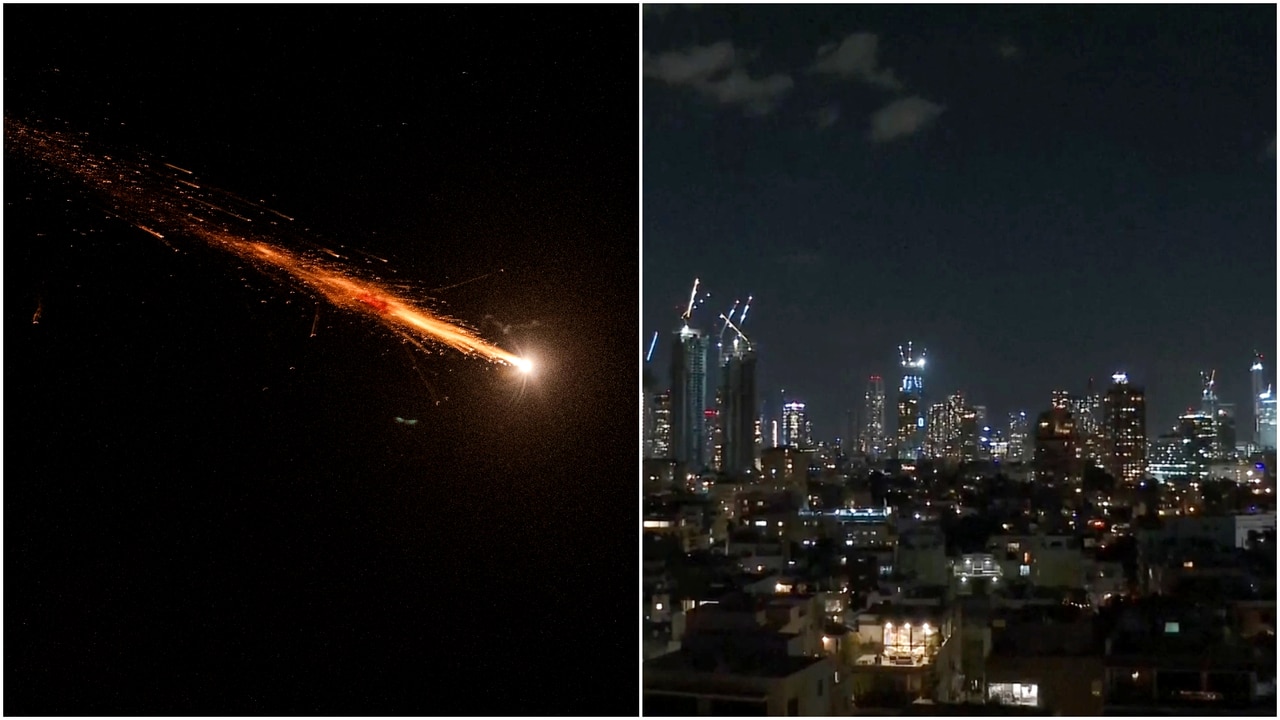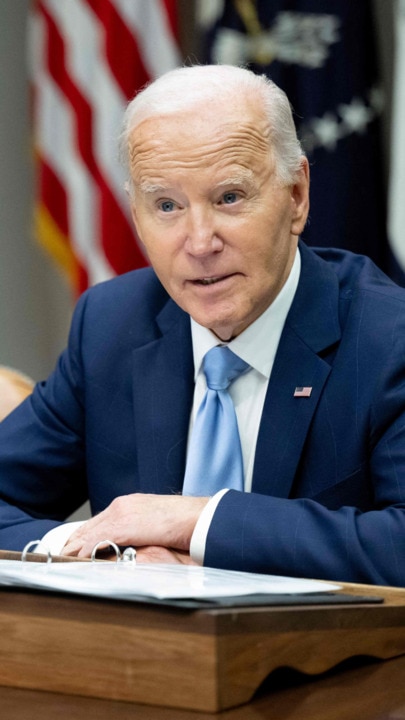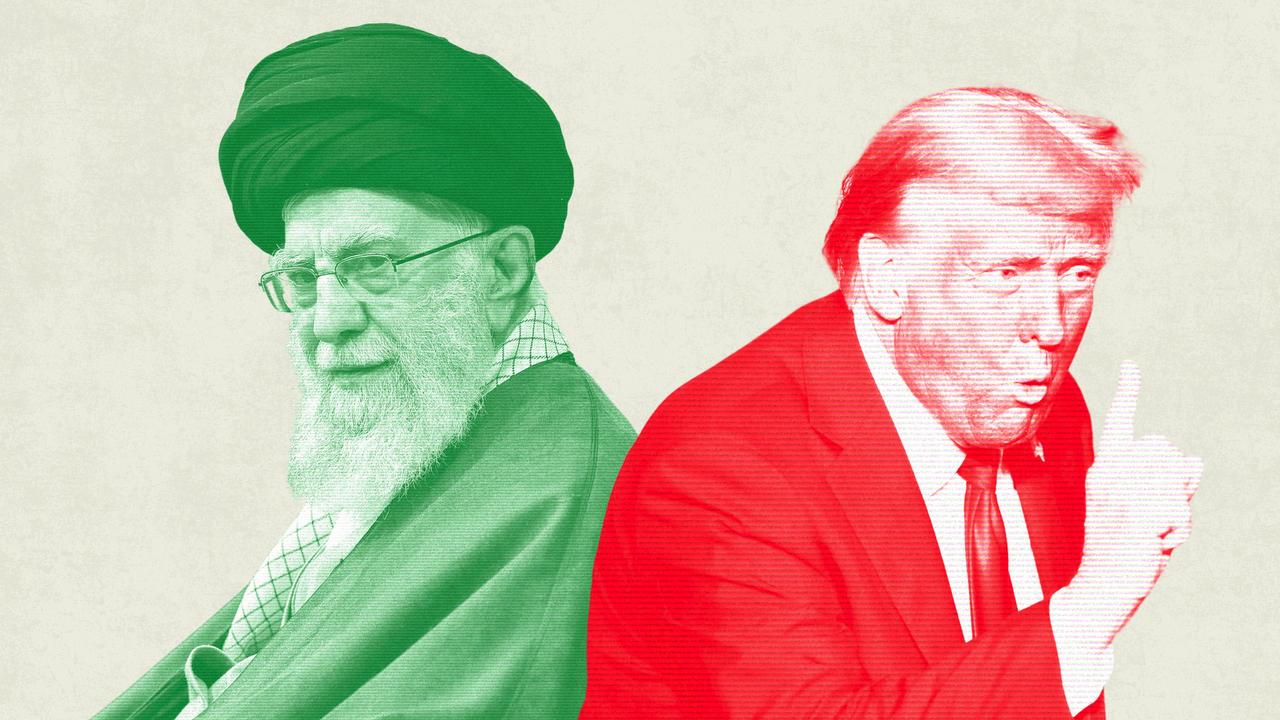
This is Iran’s second missile barrage since April, and no country can let this become a new normal. Israel reported a few civilians injured and one Palestinian may have been killed near Jericho in the attack. A terrorist shooting, possibly co-ordinated, killed six Israelis. The work by the U.S. and Israel to shoot down most of the missiles was spectacular, but it shouldn’t have to be, and next time it may not be.

After April’s attack, the Biden Administration pressured Israel for a token response and President Biden said Israel should “take the win” since there was no great harm to Israel. Israel’s restraint has now yielded this escalation, and it is under no obligation to restrain its retaliation this time.

Prime Minister Benjamin Netanyahu hinted at a stronger response in a statement to Israelis: “Iran made a big mistake tonight — and it will pay for it. The regime in Iran doesn’t understand our determination to defend ourselves and retaliate against our enemies.” He cited the Hamas and Hezbollah leaders who have been killed since Oct. 7, adding “and there are probably those in Tehran who don’t understand this. They will understand.”

But does Mr. Biden understand? Iran’s act of war is an opening to do considerable damage to the regime’s missile program, drone plants and nuclear sites. This is a test for a President who has been unwilling even to enforce oil sanctions against Iran. It is also a chance to restore at least a measure of U.S. deterrence that has vanished during his Presidency.
Before the attack, Defense Secretary Lloyd Austin warned Iran of “severe consequences.” National security adviser Jake Sullivan reiterated the pledge after the missile barrage. Having issued such a warning, Mr. Biden has an obligation to follow through or further erode U.S. credibility.

If there were ever cause to target Iran’s nuclear facilities, this is it. Iran has shown that it might well use a bomb if it’s acquired, and Tehran would certainly use it as deterrent cover for conventional and terrorist attacks on Israel, Sunni Arab states and perhaps the U.S. Iran is closer than ever to a nuclear weapon and won’t stop itself. The question for American and Israeli leaders is: If not now, when?

Iran’s revolutionary regime has shown itself again to be a regional and global menace. It started this war via Hamas, which it funds, arms and trains to carry out massacres like the one on Oct. 7, and it escalated via Hezbollah, spreading war to Lebanon. Other proxies destabilise Iraq and Yemen, fire on Israeli and U.S. troops and block global shipping. It sends drones and missiles to Russia and rains ballistic missiles on Israel. All while seeking nukes.
Advertisement

Escalating this confrontation now is a gamble for Iran. With Hamas depleted and Hezbollah in disarray, Iran’s proxies can’t defend it the way they usually would. Ayatollah Ali Khamenei may be betting that Mr. Biden will shrink again from defending the civilised world from a dangerous regime. Will he be right?
The Wall Street Journal







Iran unleashed its second direct military assault against Israel on Tuesday, this time with 181 ballistic missiles. All Israeli civilians were ordered into bomb shelters, and most missiles were intercepted. But this is an act of war against a sovereign state and American ally, and it warrants a response targeting Iran’s military and nuclear assets.